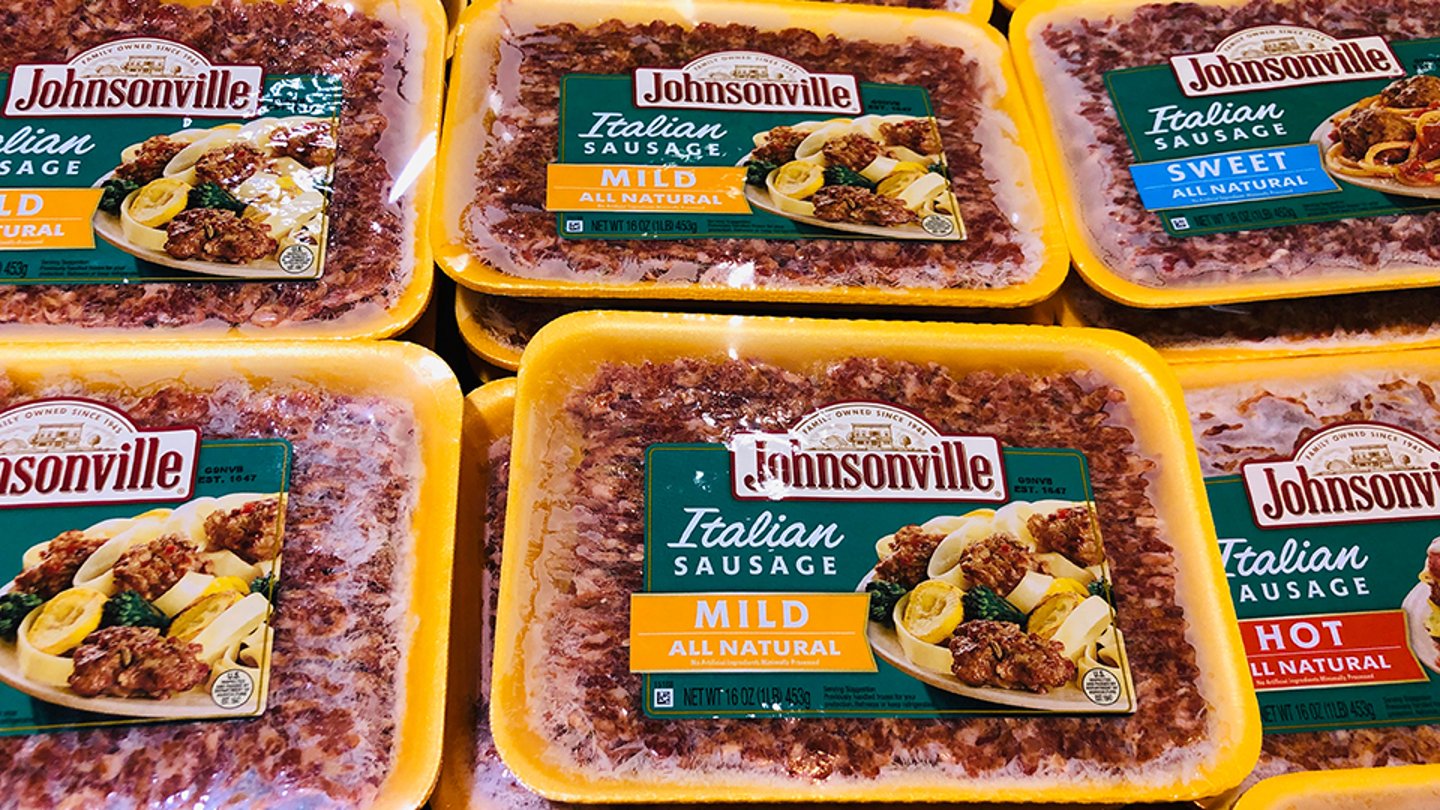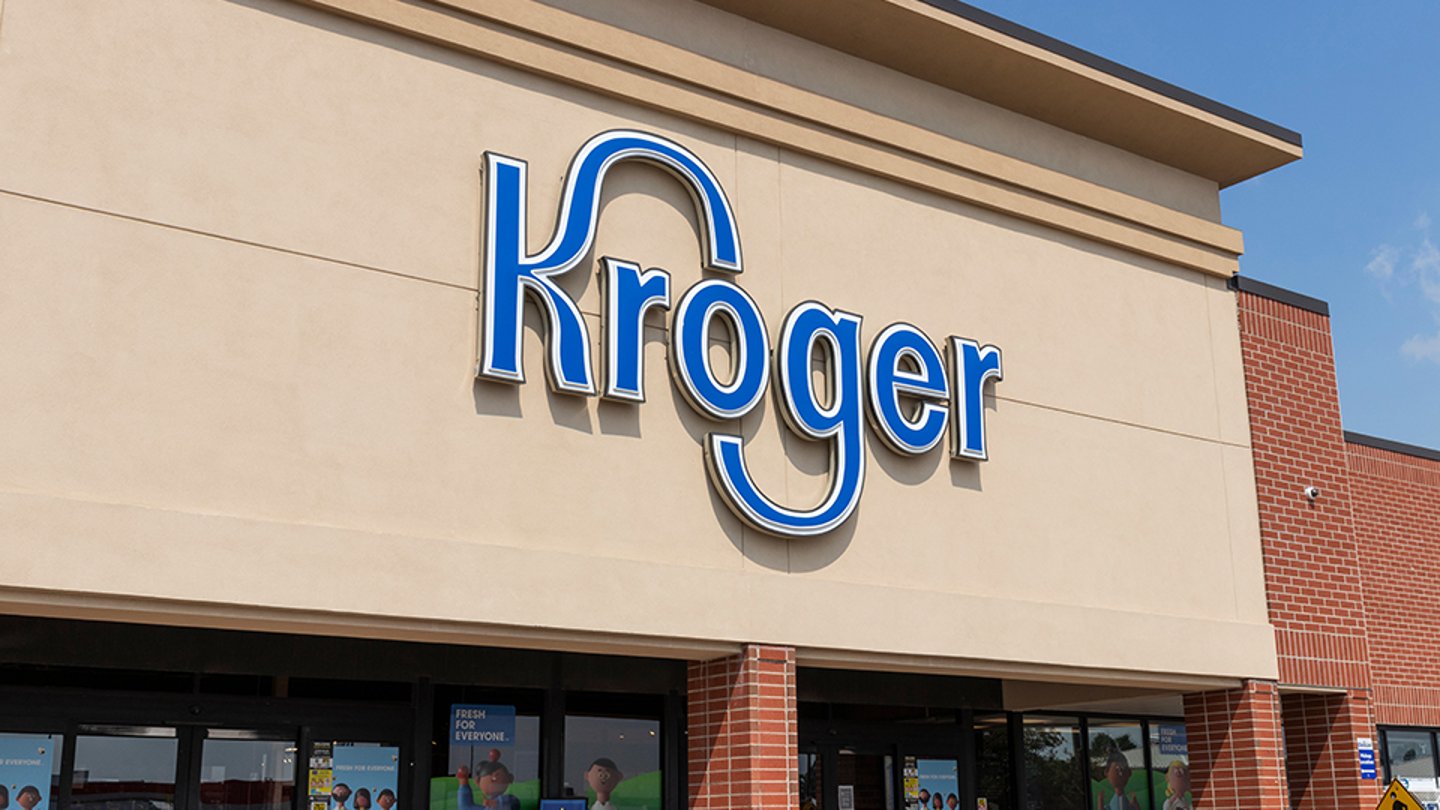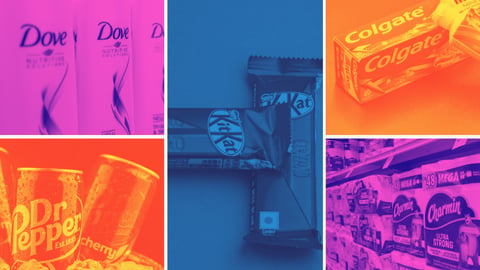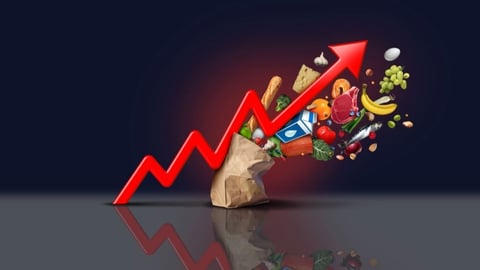In Data We Trust: How Johnsonville Kept the Sky In Place When Sales Dipped
Sometimes data leads the way to new and exciting opportunities; sometimes it prevents us from making profoundly terrible decisions; and sometimes it simply helps us understand the sky isn’t falling. It’s difficult to judge which one is most critical within the consumer goods industry.
What these paths all have in common is the need for incredibly trustworthy data to ground decision making. When it comes to consumer behavior data, however, its collection is complicated by the fact that consumers aren’t actually the greatest judges of their behavior. While shoppers may swear to have elephant-grade memories, research indicates otherwise; what’s more, some survey takers are only incentivized to complete surveys by, well, the incentives.
When food manufacturer Johnsonville wanted to dig into the source of its declining breakfast sausage and bacon sales, it knew it needed to hear from shoppers who were able to accurately communicate their shopping habits spanning over a year, and it needed absolute trust in the accuracy of the data.
Although the declines were recorded across multiple retailers, the company faced questions specifically from their Kroger buyer, Karen Kraft, Johnsonville associate director of consumer insights and analytics, tells CGT. Given the source of the inquiry, the company leveraged its existing relationship with 84.51°, the grocer’s internal data science solution provider, for a deeper understanding of the drivers via qualitative and quantitative consumer surveys.
They learned a number of things: For one, some consumers had changed their breakfast behavior by moving toward cereal and center-store items. Others were still riding the COVID-infused health wave and seeking options with less salt and fat, while still others had returned to the office and were skipping breakfast or grabbing it on the go.
They also confirmed something they had suspected: Increased pricing and inflation were having an impact. After all, if eggs are too expensive, it’s less likely that shoppers will purchase bacon or sausage to accompany them.
Building the Future of Unified Intelligence
Head back to The Drake for the 11th annual Analytics Unite! Learn more about today’s integrated analytic strategies driving innovation, efficiencies, and revenue May 1-3 in Chicago. Register now.
Having access to these nuances and context provided Johnsonville with a more holistic view of the situation and in turn enabled both the manufacturer and the Kroger buyer to revisit their promotion and marketing strategies. Armed with the knowledge that many shoppers intended to return to the category once pricing subsided, Johnsonville was also able to prevent a reactionary and potentially dangerous overcorrection.
- AI Co-Pilots: Why Johnsonville Loves Lucy
“It's not like all of a sudden people have completely stopped eating these categories,” noted Kraft. “There's a desire, because we did ask people how likely they are to buy these categories in the future, and for the most part, they're still interested in buying [them]. And that just gives people confidence that once you inflation subsides, we'll get back to a new normal.”
Human Insights
Having access to qualified consumer behavior data has not only provided Johnsonville with reassurances during challenges, but it’s also afforded the opportunity to test new products and solicit valuable feedback during packaging redesigns. Through its partnership with 84.51°, the company has proactively issued both qualitative and quantitative consumer surveys to learn shopper desires and then leveraged that information within discussions with their retail category or brand buyers.
Looking ahead, artificial intelligence is expected to further increase efficiencies in consumer behavioral data collection to more quickly summarize and provide usable insights. (84.51°’s platform currently leverages AI for such use cases.)
At the same time, the biases carried by AI mean that reliable human data is more important than ever, not only to prevent stereotypes but to also account for new, previously unseen behaviors, Kraft stressed.
“To have any really good consumer insights, you have to be confident in your sample. This is a great example of having complete confidence in the sample so that we knew that any business decisions that we're making, or any recommendations we're making to the buyer, are grounded in absolute truth,” said Kraft.
“There are lots of different sample sources out there, and not all of them are great. And researchers really need to understand how to know when they're getting something that's great.”






